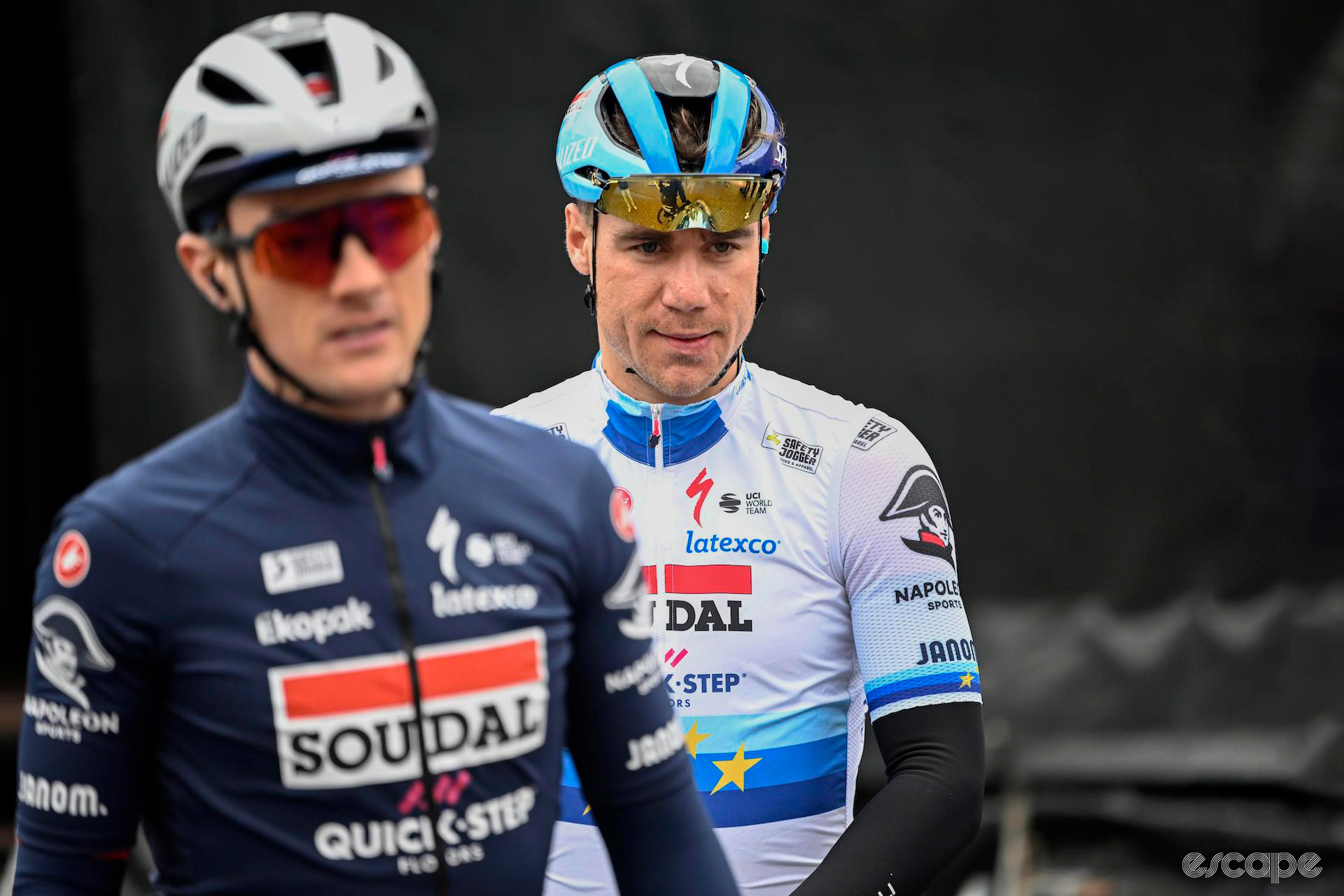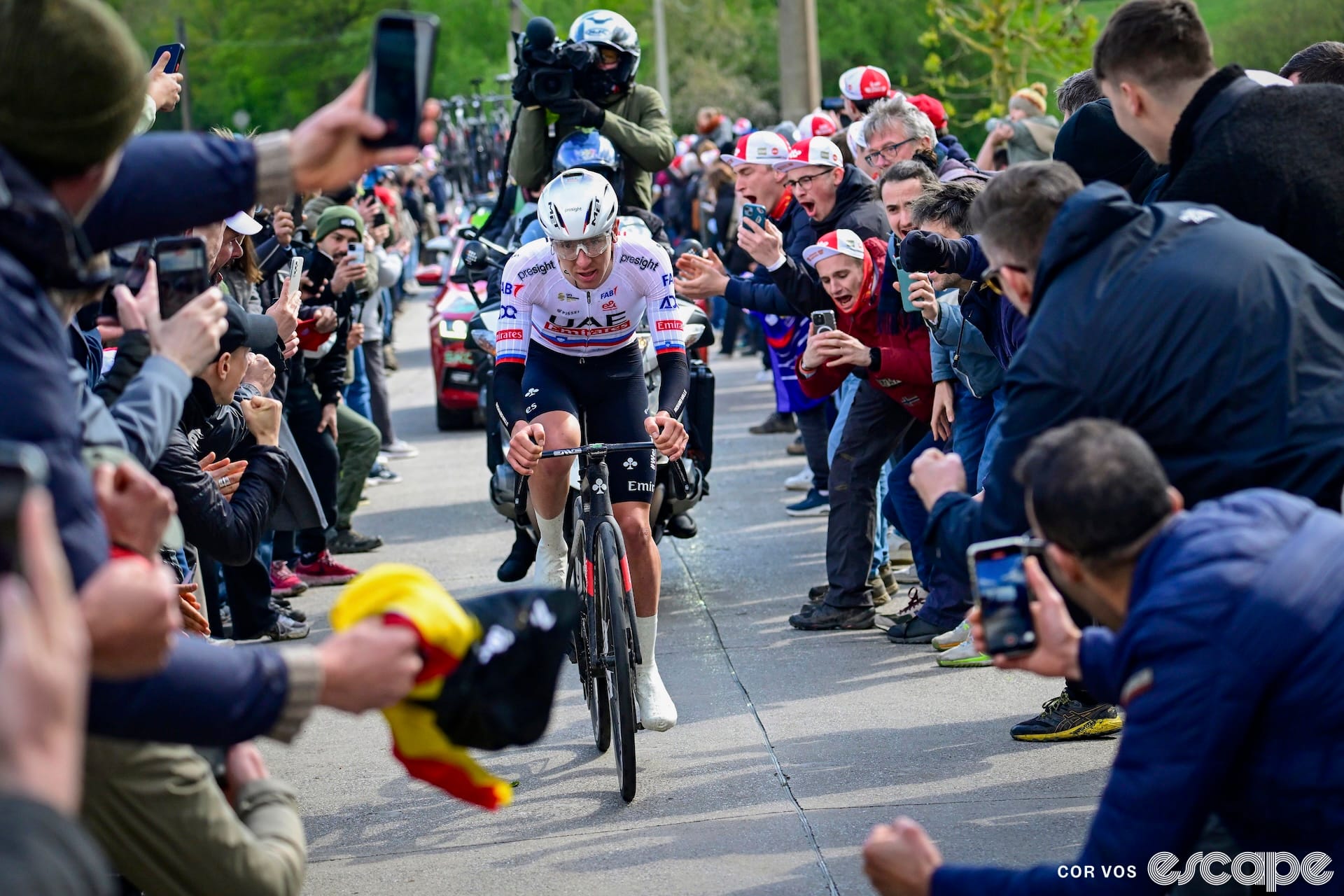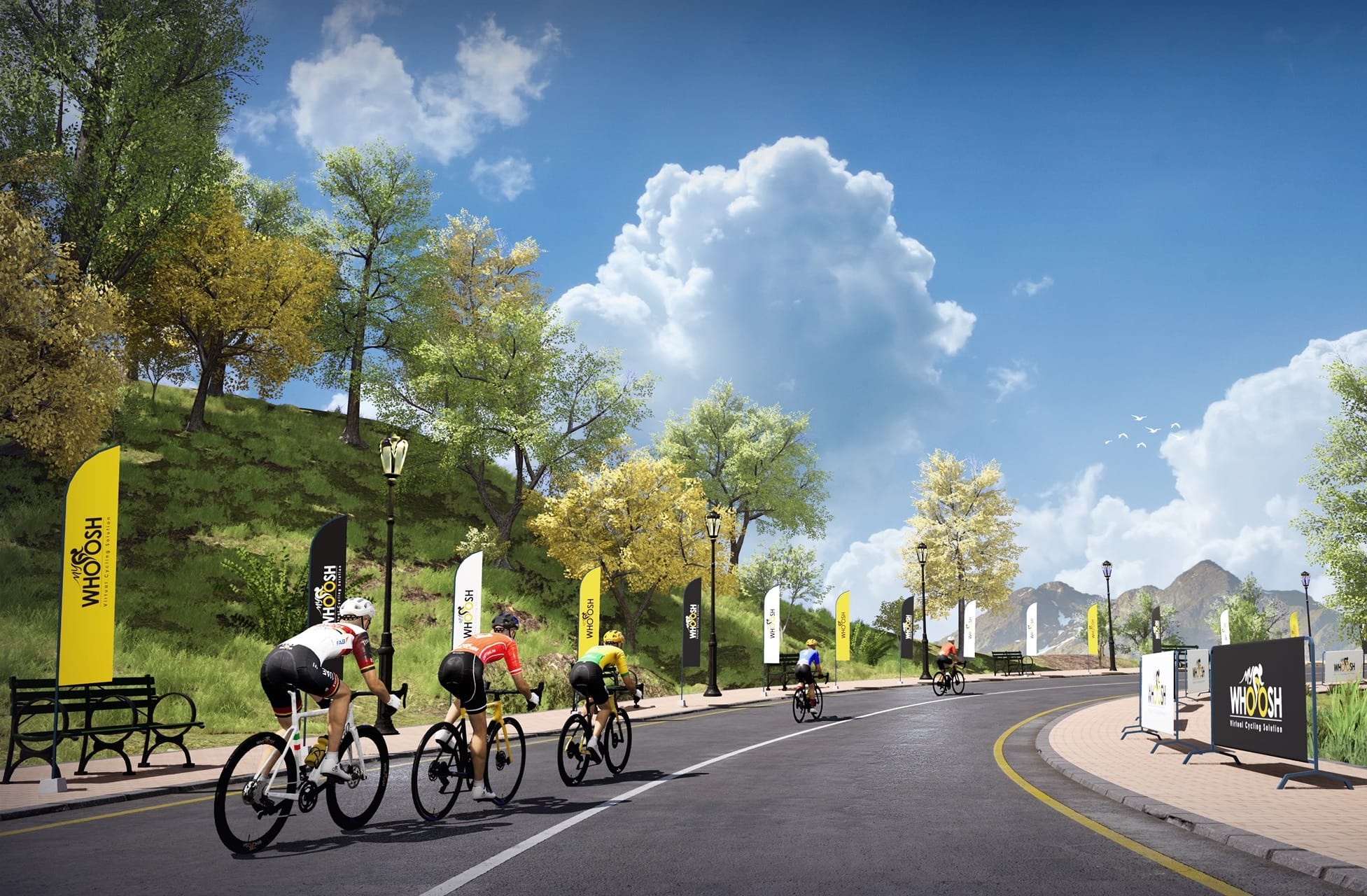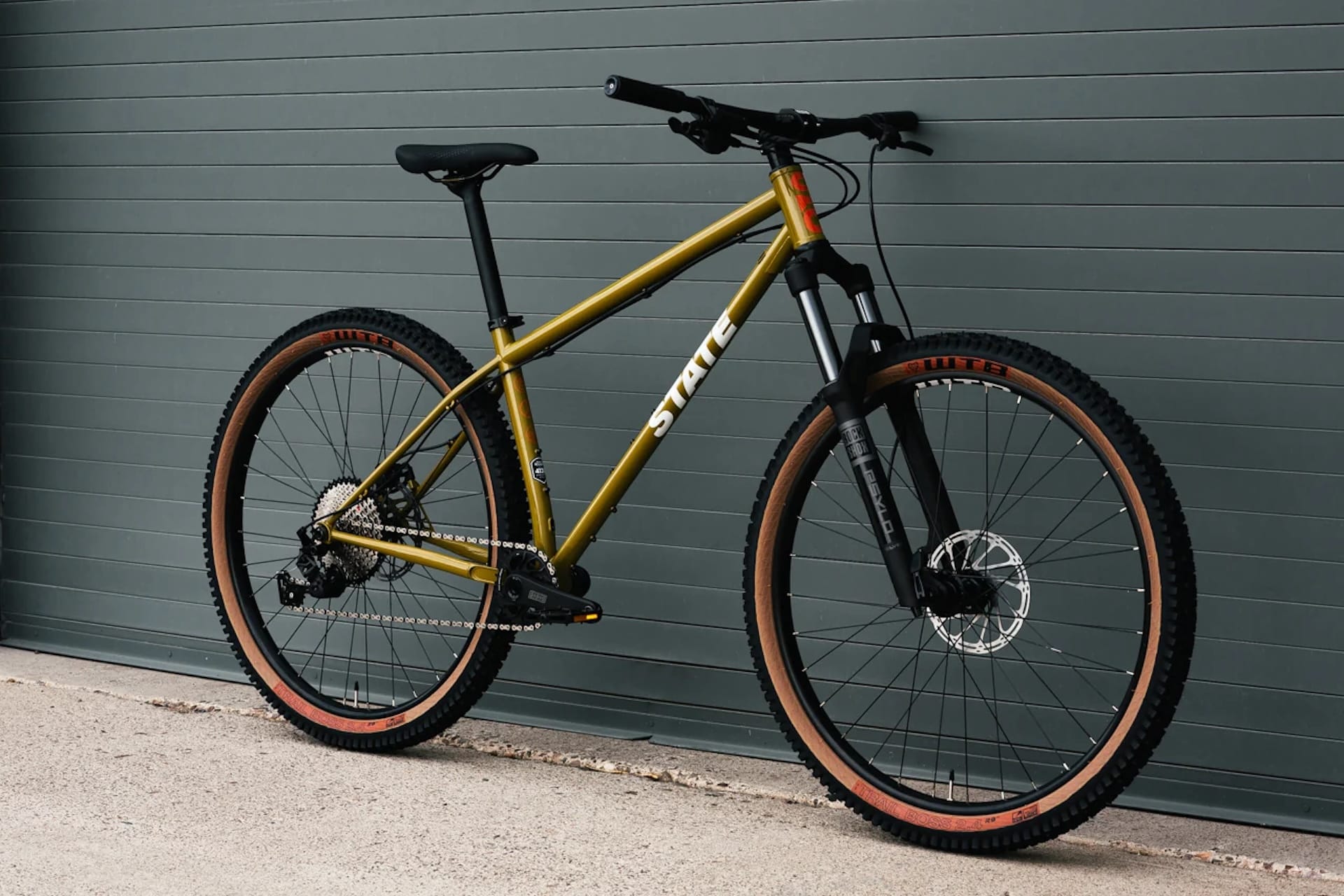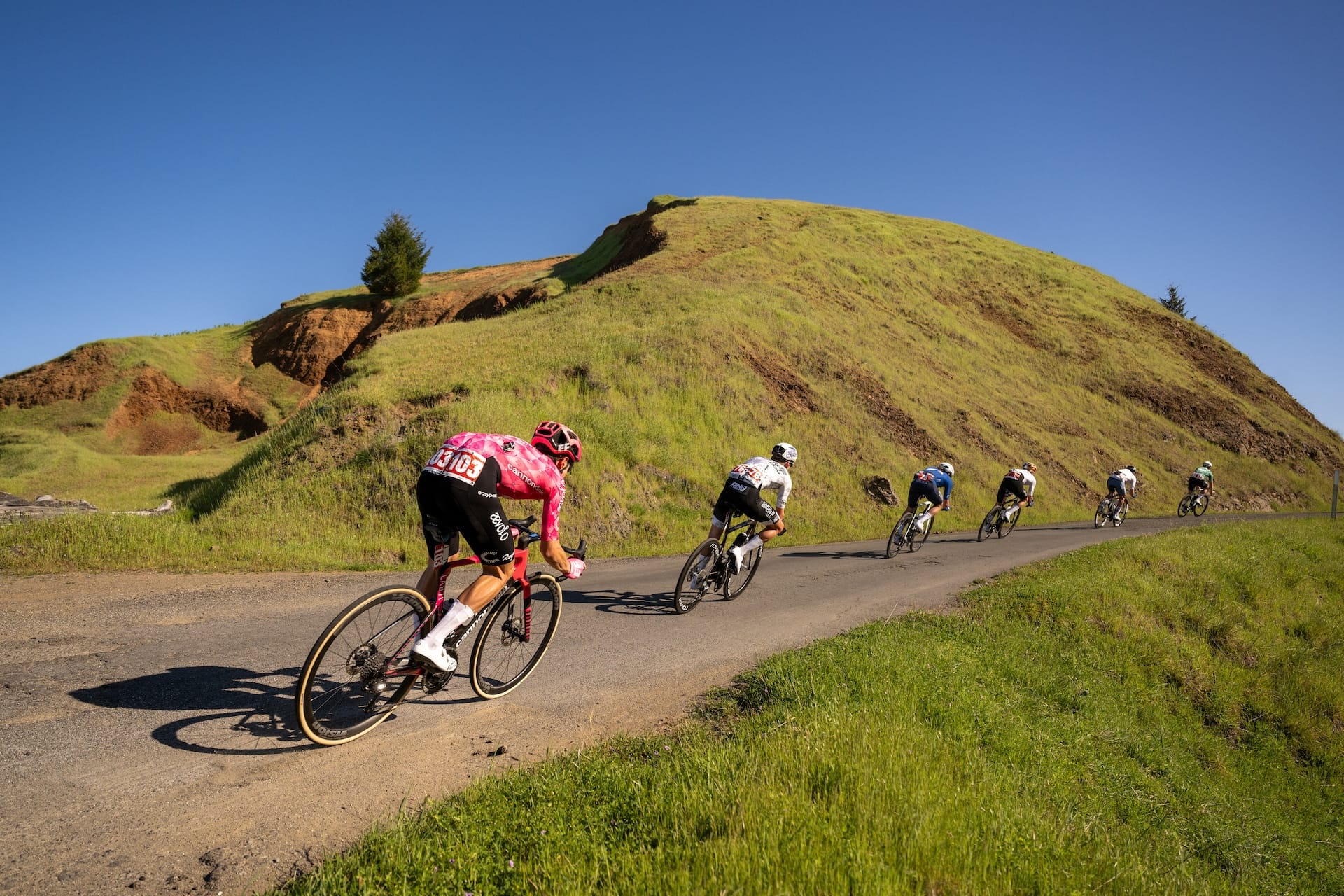Soudal Quick-Step’s victory tally for 2023 so far ought not to be sniffed at, but while its stage racers have enjoyed success all over Europe, South America and the Middle East, the Classics squad has left rather a lot to be desired, and for team boss Patrick Lefevere, enough is enough.
After a disappointing, even anonymous display in Friday’s E3 Saxo Classic, the Soudal Quick-Step team management is throwing everything they’ve got at Sunday’s Gent-Wevelgem, adding late call-up Fabio Jakobsen to the team that already includes Tim Merlier.
“We are considering doing what we don't really want to do – drafting in both Tim Merlier and Fabio Jakobsen,” Lefevere wrote in his Het Nieuwsblad column on Saturday, before the confirmed line-up was announced. “Fabio is keen to ride, and we don't have many arguments to leave him at home.”
Lefevere’s team has only won two one-day races so far this season: the hilly Faun-Ardèche with a defiant Julian Alaphilippe, and the mid-week semi-classic Danilith Nokere Koerse thanks to Belgian champion Merlier. The team has thus far failed to make an impact at WorldTour level (away from stage races), their best result being Yves Lampaert’s third-place finish in Wednesday’s Classic Bruges-De Panne, Jakobsen resigned to taking fifth from the chase group.
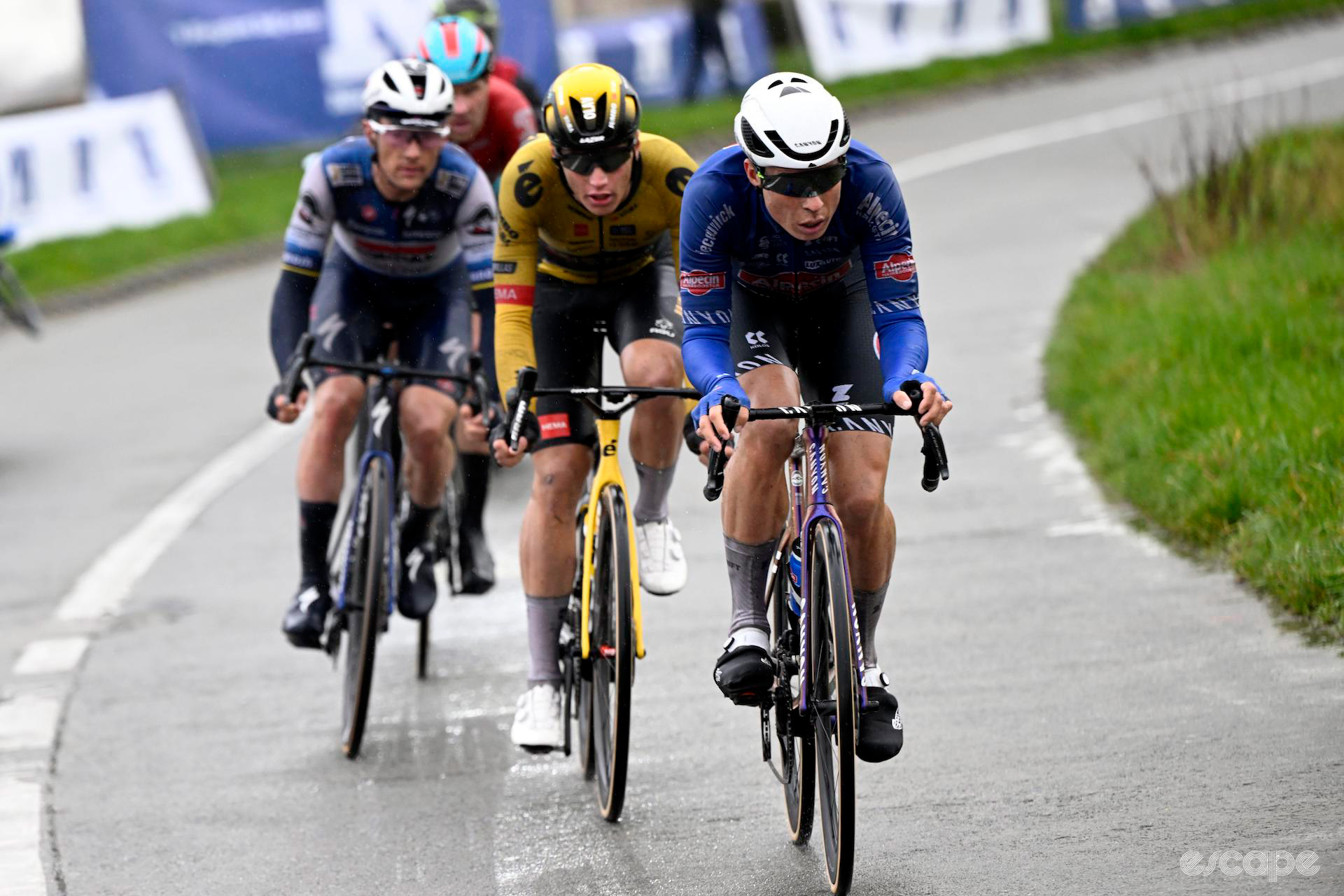
Though the finale didn’t go their way, there will have been reason for hope on the road to De Panne on Wednesday with no less than four riders involved in the heat of the race, twice as many as the next best represented team.
They had no such reason to smile at E3 two days later though, Lampaert again the best finisher but in 16th, Soudal Quick-Step jerseys fading into the background at a race they’ve won eight times since 2004.
“During the E3 Saxo Classic, I had a tasty lunch in Waregem. With that, I had everything that was good yesterday – the food,” Lefevere wrote on Saturday. “The team's performance was below par. I understand not being with the three in the front, they are phenomena. But no one being in the group behind them either? Sorry, but that's not Soudal Quick-Step.
“On the bus, I gave my thoughts, as always, without shouting. Then I heard from Kasper Asgreen – I did my best; from Florian Sénéchal – I fell; from Julian Alaphilippe – I woke up with a stomach ache and slight fever. What do you want me to say to that? If you have a fever, you shouldn't start.”
With the Tour of Flanders a week away, every outing counts and Soudal Quick-Step is taking a leaf out of Jumbo-Visma’s book – one that you might argue was stolen from Lefevere’s team bus a few seasons ago – for tomorrow’s Gent-Wevelgem, a race the Belgian squad has failed to win since Tom Boonen’s third title in 2012.
Joining twin sprinters Merlier and Jakobsen on the start line are the consistent and fired-up Lampaert, 2020 Gent-Wevelgem runner-up Sénéchal and 2021 Tour of Flanders champion Asgreen, along with reliable workhorses Tim Declercq and Bert van Lerbherge.
“The team is only as good as the leader is, and right now we don’t have a leader,” Lefevere said after E3. “Others are taking the initiative and we are suffering. I hope we can still set something straight but it’ll be difficult.”
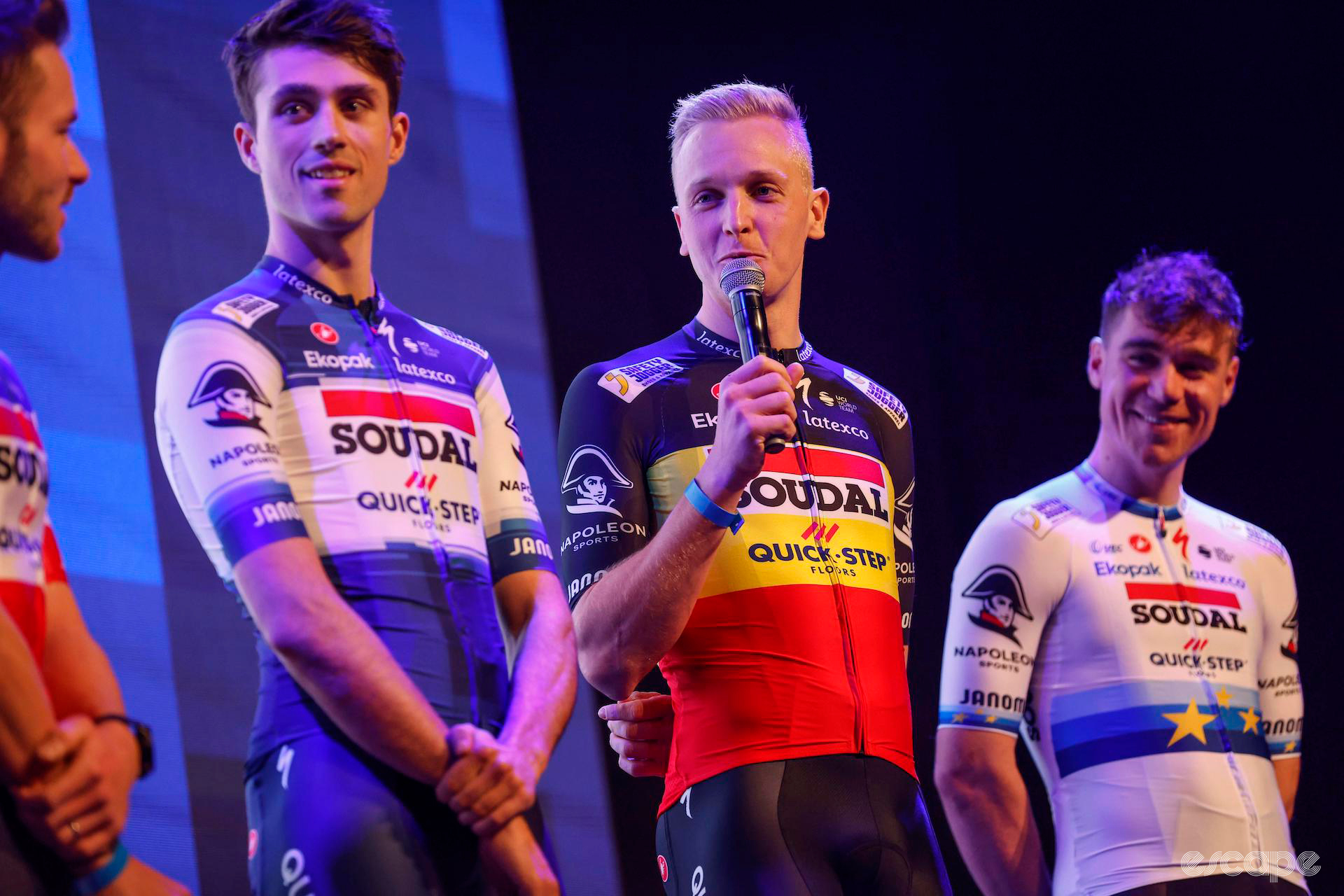
Merlier vs Jakobsen
Gent-Wevelgem marks the first time Soudal Quick-Step’s headline sprinters race together as teammates, and it’s hard to draw a real comparison. The closest is Jumbo-Visma’s Wout van Aert and Christophe Laporte, with Olav Kooij very much in the mix now too, but should more than one of these two (or three) reach the line together there’s always one de facto leader – Van Aert. Just take last year’s E3 result.
Merlier does of course have experience sharing leadership at his former team, then Alpecin-Fenix, where he was rarely without one or other or both Mathieu van der Poel and Jasper Philipsen. But even then, the riders were a little more distinct, Philipsen most like him in Top Trumps terms, but encumbered by relative youth and therefore inferiority.
So, who’s the leader on Sunday?
Maybe Lefevere and co. are hoping for some inter-squad rivalry between the two champions, and that their winning mentalities will fire up the whole team. It’s not like the pair is particularly easy to separate at the moment. Sure, the last one to win (by a week) was Merlier, and from a reduced bunch, but Jakobsen has proved himself not only in high-profile sprint showdowns this season, but also in the attritional attacking phases of a spectacularly miserable Bruges-De Panne, marking and following moves like the seasoned racer that he is.
We can’t use the weather to separate them either, which by the way looks like being everything viewers love and riders hate: very wet and miserable with only slim hope of drier spells later in the day.
Put head to head on stats, Merlier and Jakobsen have seven and six pro seasons apiece – pretty close; Jakobsen has the upper hand in victories with 40 to 28, but Merlier has traditionally done better in Classics with almost double the points; they've come face to face 27 times since 2015, and if we exclude the three years in which either or both were racing senior events while still at Devo or Continental level, Merlier has yielded better results on 13 occasions to Jakobsen's...12. Yeah, not conclusive.
However, here's the number that might put Jakobsen ahead, on paper at least: the younger man has taken victory ahead of Merlier six times, and indeed, the one and only occasion he saw his new teammate on the top step of the podium was in 2019, and the Dutchman was by his side.
All that said, these numbers must be delivered with the caveat that Merlier had been operating at a lower team classification level until his transfer to Soudal Quick-Step. That does not of course mean to say that he's any less capable than Jakobsen who's been a WorldTour rider since 2018, but being on a ProTeam means the Belgian has had less consistent access to the best opportunities, both to win and gain experience. And yet, while Jakobsen might have been contesting traditional bunch sprints at WorldTour stage races, Merlier was cutting his teeth at dozens of minor one-day races in northern Europe...
Ultimately, the answer will be found on the roads between Gent (actually, Ypres) and Wevelgem; the chances of the pair of them arriving at the finish together are slim. It’s been a few years since a large group – i.e. including lead-out options – contested the finish, so it’s up to Jakobsen and Merlier to get themselves into the right position and the right move if they want to win.
If it works, we’re in for a fantastic ‘Holy Week’. If it doesn’t, somebody is going to owe Patrick Lefevere a bloody good lunch.
Did we do a good job with this story?

